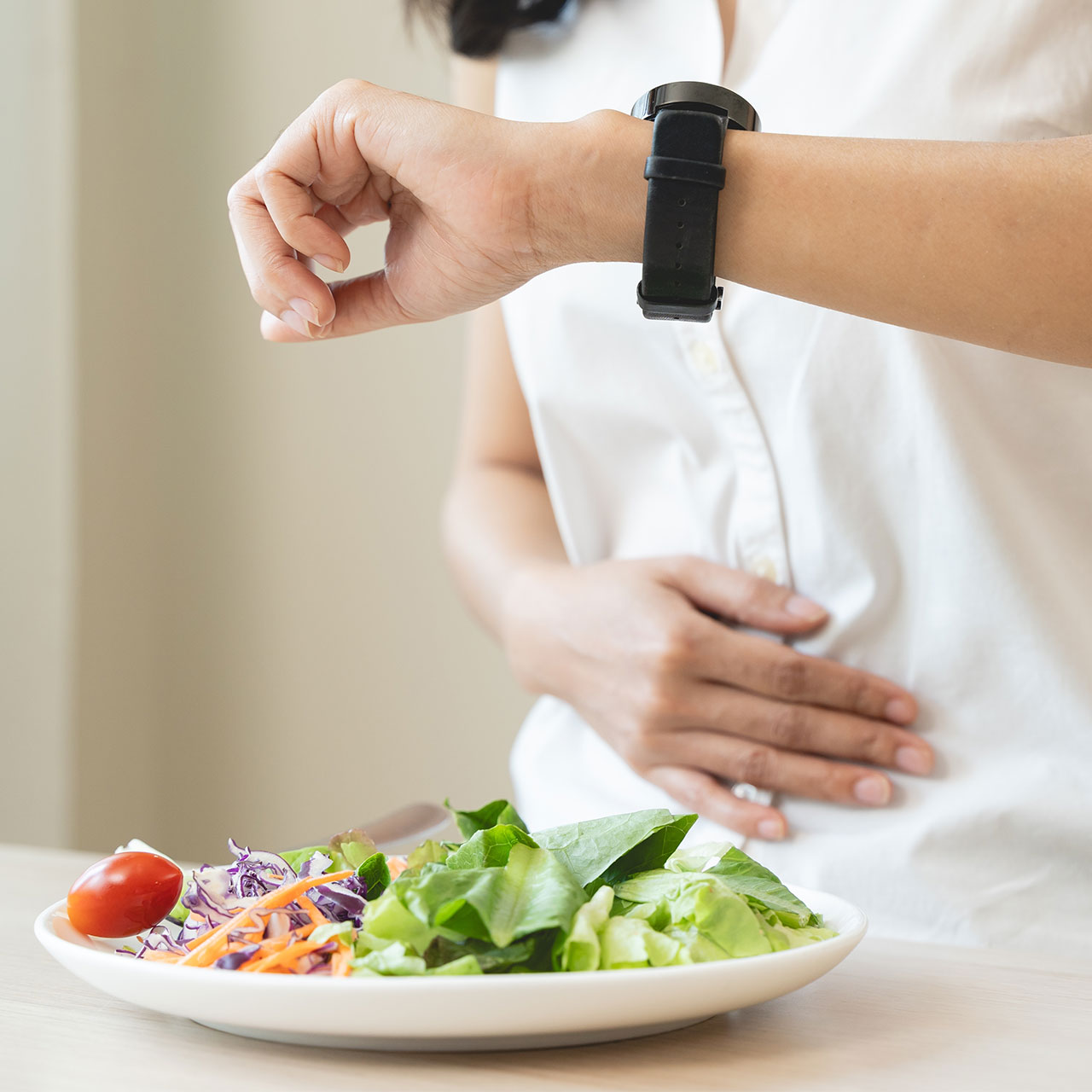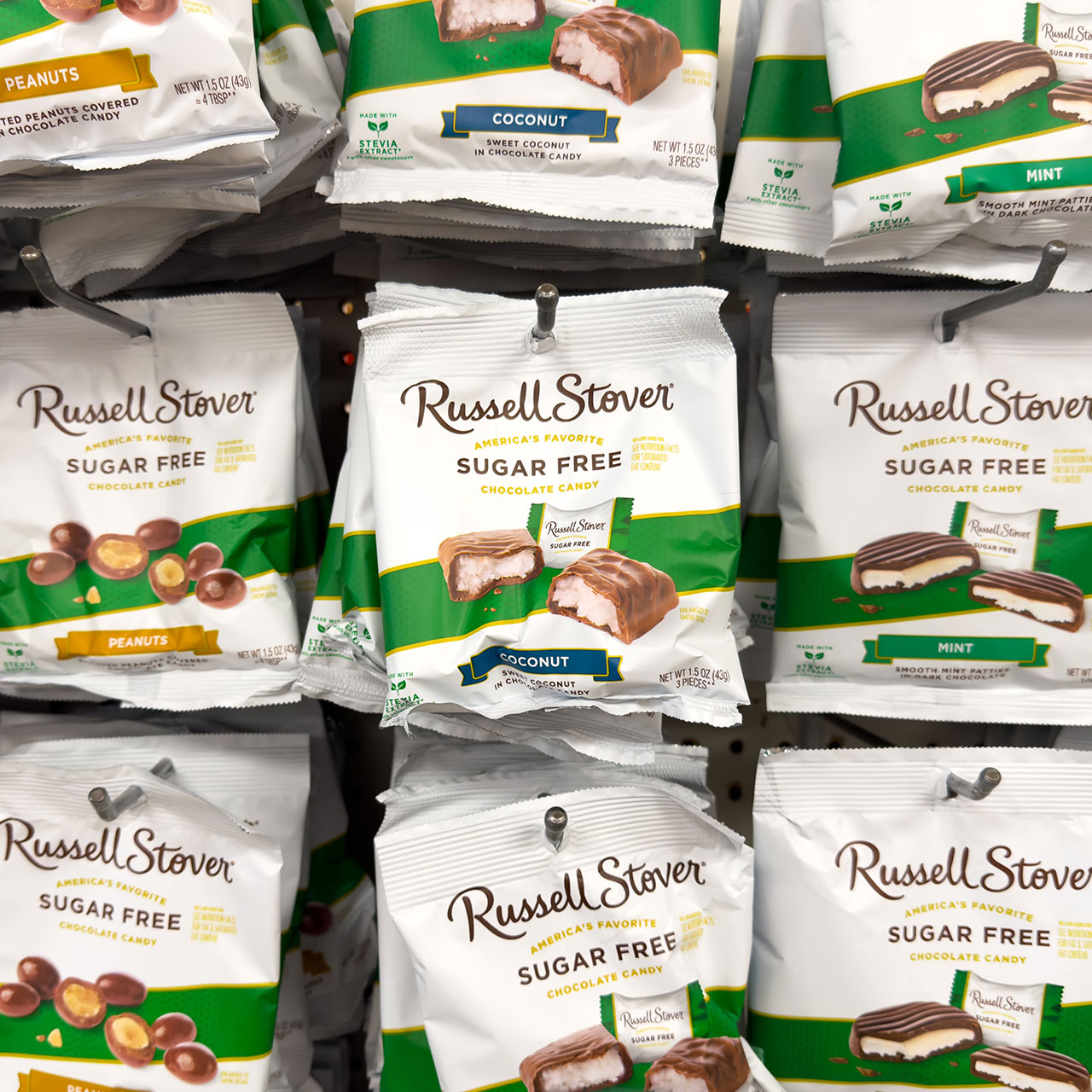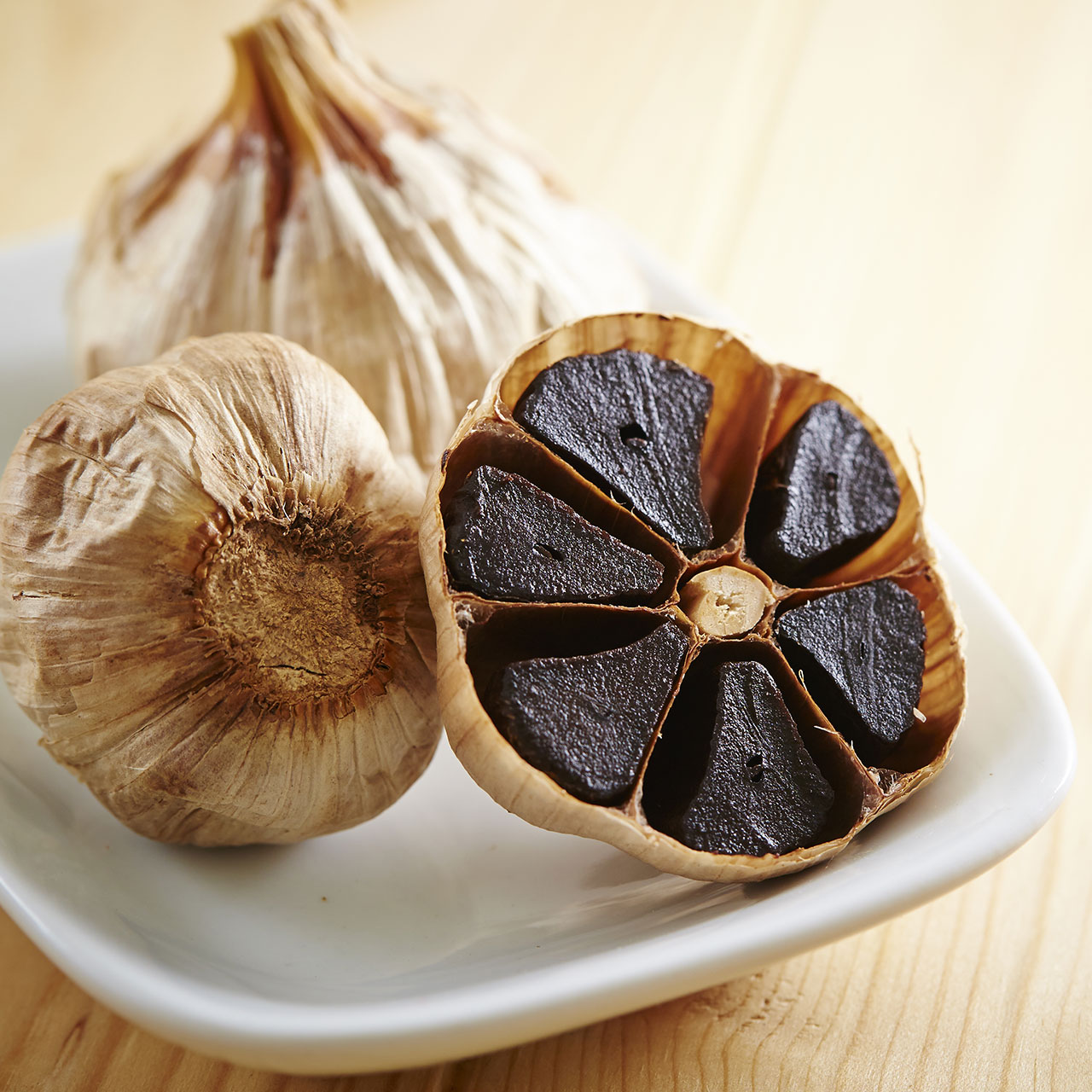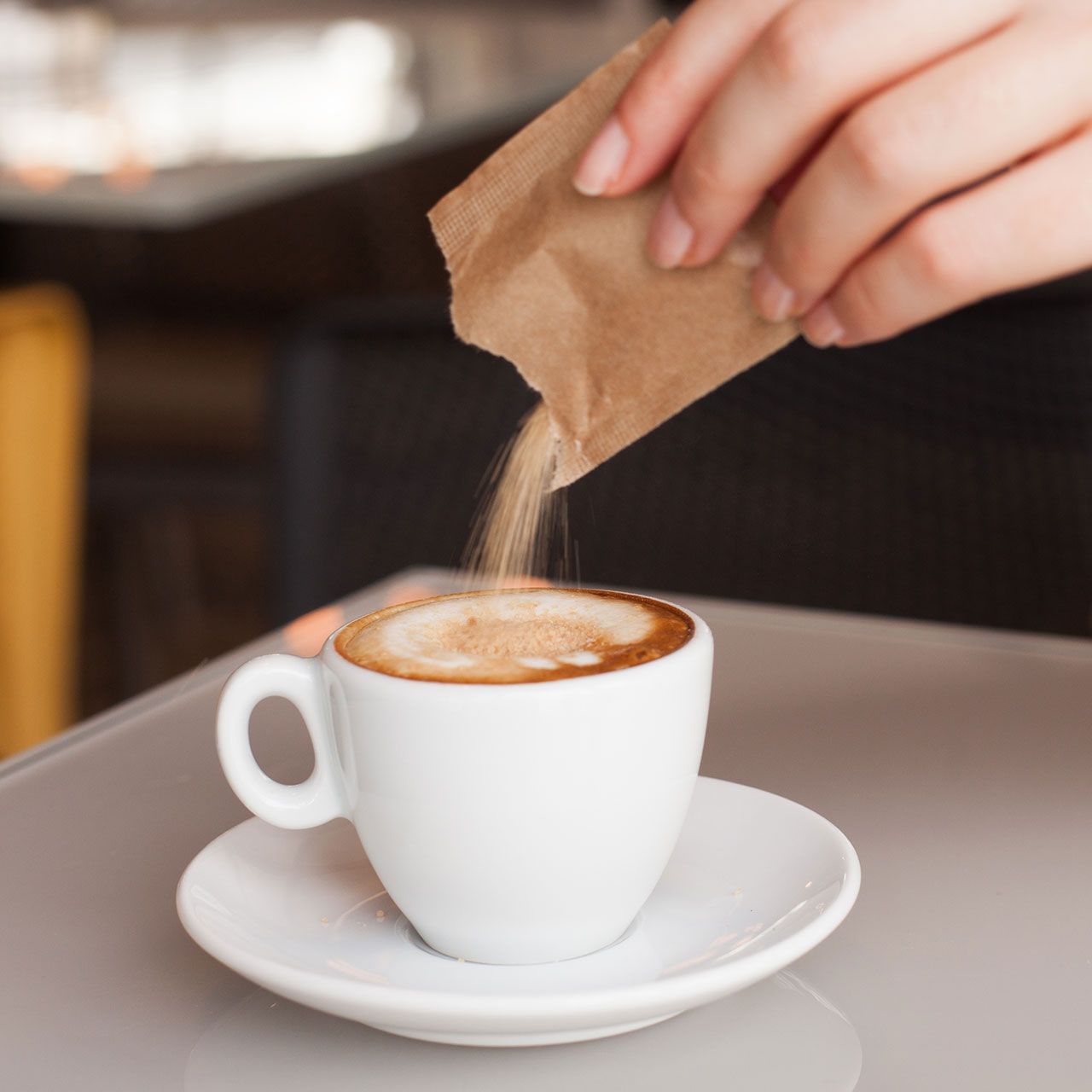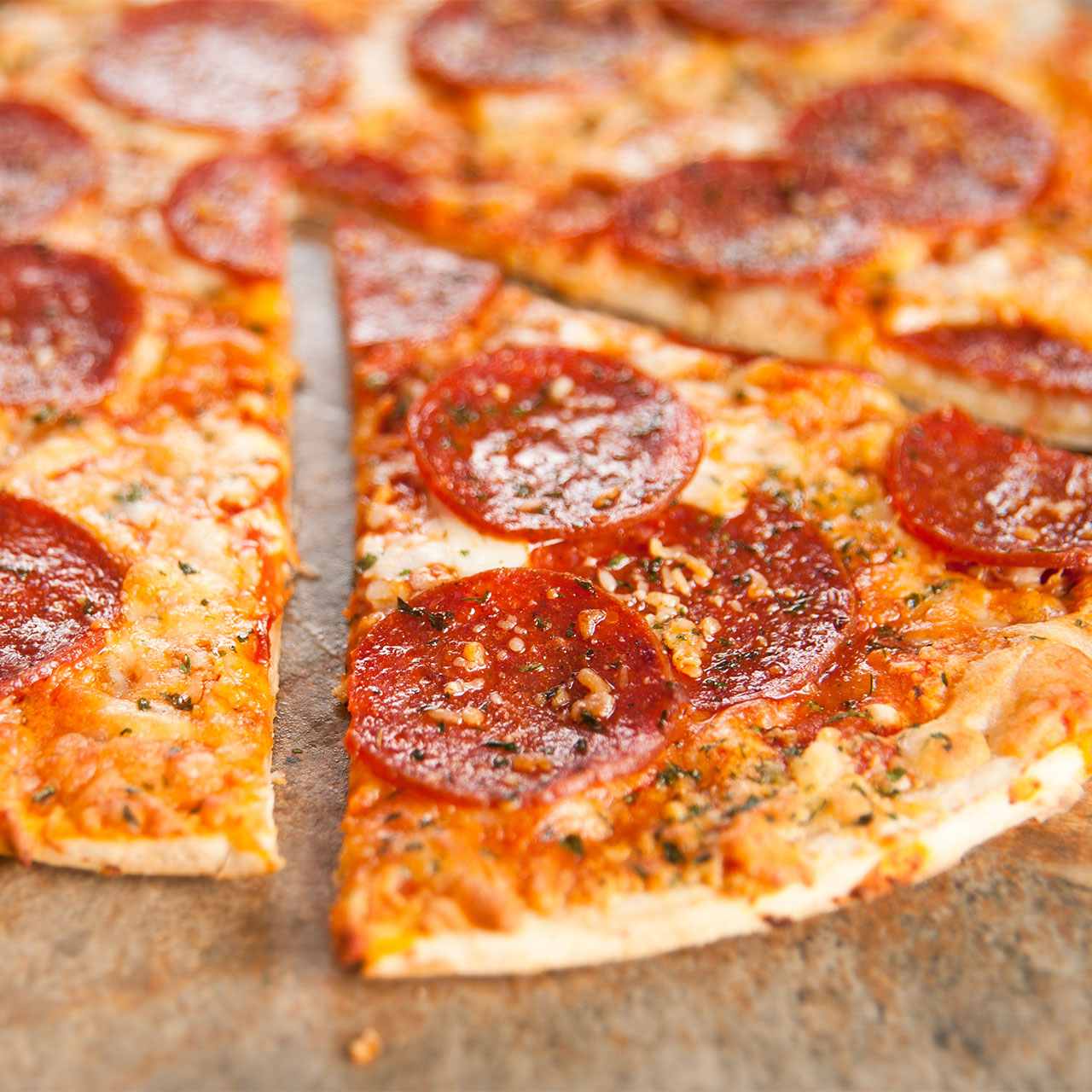We all overeat from time to time—especially when the holidays roll around and we come face to face with big bowls of mashed potatoes, rich pumpkin pie, and other treats that are so difficult to resist. But for many, the aftermath of overeating can feel defeating, both physically and emotionally, especially if you’re trying to lose weight. Dietitian Ilana Muhlstein, MS, RDN, who lost 100 pounds herself, knows this all too well. Luckily, she reminds us, overeating isn’t the end of the world (or your weight loss journey). In a recent TikTok video, Muhlstein shared her top tips to help people “bounce back” after overeating.
“Saying that you will always be in control and eat mindfully isn’t realistic, even for people who mostly do,” Muhlstein explained in the video caption. She recognizes that alcohol, holiday parties, stress, and large portions can all lead to overeating. Instead of viewing overindulgence as a failure, though, Muhlstein encourages reframing these moments as learning experiences. “There’s no worse feeling than right after you overeat,” she said in the video. “You feel emotionally and physically defeated. But rather than feeling like a failure, consider it a learning experience.” Find her four-step process for doing just that below.
@nutritionbabe Saying that you will always be in control and eat mindfully isn’t realistic, even for people who mostly do. Alcohol, holiday parties, stress, large portions and highly addictive foods can get in the way and contribute to an episode of overeating. But rather than feeling like a failure, consider it a learning experience, and follow it with these 2B mindset steps below. Follow for more Lose the Shame. Like I said, it happens to everyone, even fit and highly disciplined people you wouldn’t suspect. It’s part of the human process. Believe in Yourself. One episode—or a period of overeating—doesn’t mean that it’s the end. It’s never too late to pull it together; you will still be able to reach your goals. Reflect. What could you have done differently to prevent it? Made your own dinner rather than rush to order? Drank more water? Chosen a dish with more veggies and ate them first? Threw it out or put it away when you’d had enough? Annihilate the Threat. Clearly identify the foods that caused you to spiral and remove them from your space. If there are leftovers worth redeeming, wrap them up to bring to a friend. If it is just junk that wouldn’t benefit anyone, then recognize it’s better in the trash than in your body. Don’t continue to rebuy the foods that trigger you; remove them from your path. Track It and Move on. Don’t pretend it didn’t happen and “start again tomorrow.” You don’t have to wait for later to get it together; you can bounce back stronger and reduce the chances of a repeat—if you take the time now to write it all down. Recipe is called Cheesy Zucchini Ravioli on the bodi appl Excerpt From You Can Drop It! Ilana Muhlstein This material may be protected by copyright. #healthyrecipes #healthylifestyle #mindfuleating #nutrition #tips #lifestyletips #healthjourney #healthyrelationship #relationshipwithfood #healthyfood #healthyeating #food #health #fitness #nutritionadvice #dietitian #nutritionist original sound – NutritionBabe
1. Lose the Shame
First thing’s first: Shame does you no good, even if you’ve messed up. That’s why Muhlstein encourages everyone to let go of guilt and shame after overeating. “It happens to everyone. It makes you human, and it’s not the end of the world,” she said in her TikTok. Even the fittest, most disciplined people overeat sometimes. Instead of letting shame linger, it’s best to yourself that one instance of overeating will not sabotage your wellbeing. “Remember, one episode is not gonna make or break your goal,” she reassured viewers.


2. Reflect on What Happened
Reflection is key to learning from our mistakes and preventing them from happening again. Muhlstein recommends taking a moment to think about what could have been done differently after moments of overindulgence. "Don’t just block it out. You need to reflect on what you could have done differently to prevent it; otherwise, it’s just going to keep happening," she said. This might include preparing healthy meals at home instead of ordering takeout, drinking more water, or starting your meal with vegetables.

3. Annihilate the Threat
Once you’ve identified the triggers that led to overeating, it’s time to remove them. "Whether that’s a food, a person, or a behavior, do your best to remove it from your life," Muhlstein emphasized. If a particular food caused you to spiral, she suggests wrapping it up and giving it away—or, if it’s truly junk food, throwing it out entirely. "Recognize it’s better in the trash than in your body," she added in her caption.

4. Journal to Move Forward
Finally, Muhlstein recommends journaling about the experience. "Take a moment to journal what you had and how you felt," she said. Writing things down can help you process your feelings, recognize patterns, and create strategies to avoid repeating the same mistakes. "I find that’s the best spring forward to bounce back faster," she concluded. We think it's a great idea!


